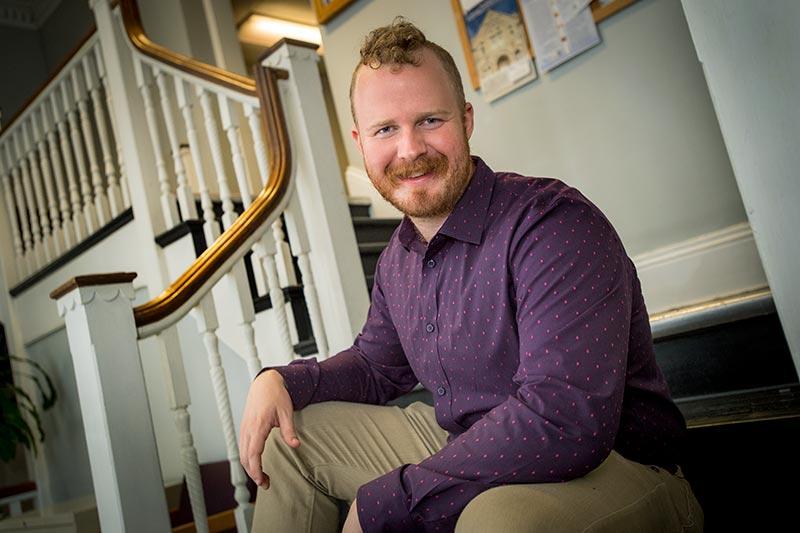Older women face uphill battle in job searches
Older may be wiser, but older does not lead to callbacks for job applicants. And older women are least likely to hear back from potential employers.
Patrick Button, an assistant professor of economics in the Tulane School of Liberal Arts, is co-author of a study that shows age discrimination in the labor market against men and women, but it’s much stronger against older women. “And the older you get, the more the discrimination,” said Button.
Button and his co-authors submitted 40,000 made-up applications online for around 13,000 lower-skilled actual jobs. The resumes of the fictitious job seekers listed similar work experience — only the ages were different.
The applicants were grouped by ages 29–31, 49–51 and 64–66. Job categories were administrative assistant and retail sales for women; and sales, security and janitorial for men.
Among the findings, there was a stark, negative contrast in callbacks for administrative positions for the older women, who were offered job interviews at a 47 percent lower rate than the younger women. The oldest group — those closest to traditional retirement age — had the least success getting a nibble from prospective employers.
Button said the jobs included in the study are “common jobs that older workers actually get hired in.” They are so-called “bridge jobs” that appeal to older workers as they near the end of their working life but still want and need to stay in the labor force.
“There’s pressure to keep older workers working longer, partly because we are living longer,” he said. “Older workers have preferences for working longer. And then with an aging population, there’s stress on Social Security.”
But if older workers, especially women, face ageist discrimination, American society has a problem, said Button. “We need effective policies to get older workers working longer.”
Read more about Button's work in this Reuters article and in the Economic Letter of the Federal Reserve Bank of San Francisco. His work also has been featured on the PBS NewsHour.
Like this article? Keep reading: 'We're more alike than you think'
The Research in Real Time series features student and faculty research from across the university. Recommend someone for the series via email.


